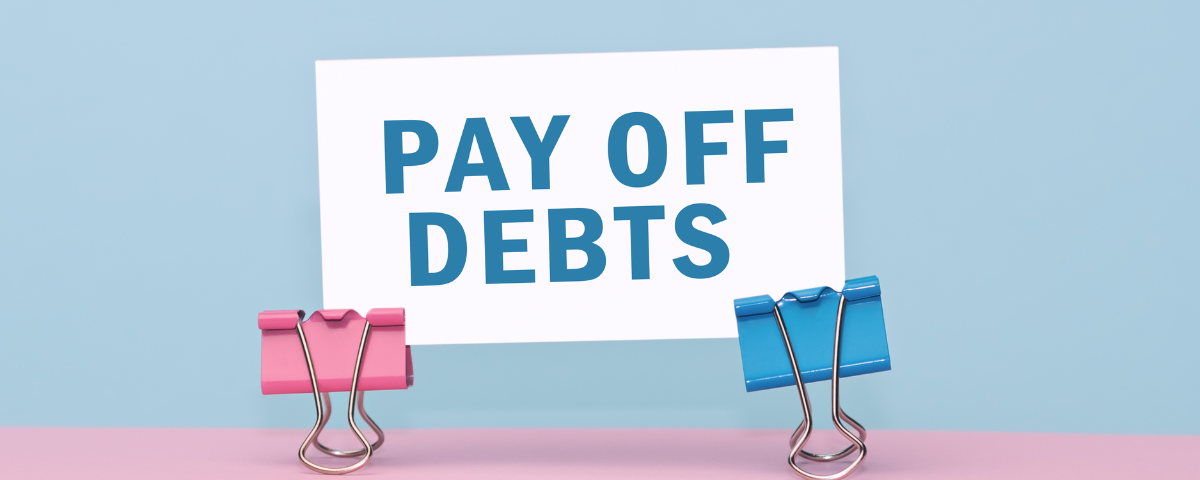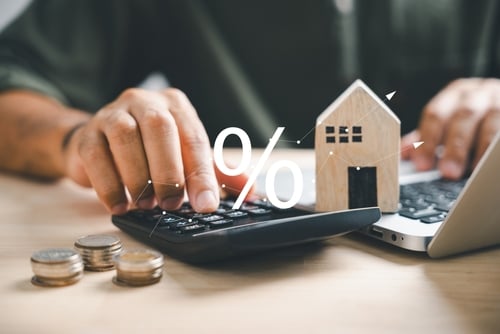When debt piles up, it’s not just the numbers on paper that weigh you down. The stress of owing money can sneak into every part of your life—affecting your mental, emotional, and even physical health. It’s tough to focus on anything else when the pressure of bills and creditors is constantly looming. Many people in this situation start wondering if paying off one debt with another might be the solution. You might have even looked into debt consolidation programs for bad credit, hoping to find a way out.
But is paying off debt with more debt actually a smart move? It’s a question with no simple yes or no answer. It depends on your unique situation, your financial habits, and the plan you create to get back on solid ground. Let’s dig deeper into the upsides and risks, and how your overall well-being ties into making the right choice.
The Hidden Costs of Carrying Debt
Carrying a heavy debt load does more than just stress your wallet. Studies have shown that debt can lead to anxiety, depression, sleep problems, and even physical health issues like headaches or high blood pressure. When you’re constantly worried about making payments or dealing with creditors, it’s hard to find peace of mind.
This emotional and mental toll can make it harder to tackle your finances effectively. The cycle of stress and debt can feed on itself, causing feelings of hopelessness or avoidance. That’s why any debt solution needs to address not just the numbers, but your overall well-being.
What Does Paying Off Debt With Debt Mean?
Paying off debt with debt usually means borrowing new money—often through a loan or credit card—to pay off existing debts. The goal is typically to reduce interest rates, lower monthly payments, or combine multiple debts into one simpler payment. Many people turn to debt consolidation programs for bad credit as a way to do this, especially when they can’t qualify for traditional loans.
In some cases, this approach can be a useful tool. For example, if you have high-interest credit card debt and can qualify for a personal loan with a lower interest rate, you might save money and pay off your debt faster. But it’s crucial that this new debt is managed carefully to avoid making the problem worse.
Potential Benefits of Paying Off Debt With Debt
One big advantage is simplifying your finances. Instead of juggling several payments each month, you combine them into one. This can reduce the risk of missed payments and late fees, helping protect your credit score.
Lower interest rates can also mean more of your payment goes toward reducing the actual debt, instead of just paying interest. This can shorten the time it takes to become debt-free and save you money in the long run.
In addition, having a clear, manageable monthly payment can reduce stress. When you know exactly how much you owe and when, it’s easier to budget and regain a sense of control.
The Risks and Drawbacks You Need to Know
On the flip side, borrowing to pay off debt isn’t always the right answer. If you don’t have a solid repayment plan or the discipline to avoid accumulating new debt, you might end up deeper in trouble.
Sometimes, debt consolidation programs for bad credit come with higher fees or interest rates than expected. You might also be tempted to keep using credit cards or taking out loans, which can make your total debt grow.
There’s also the emotional risk. Relying on more debt can prolong financial stress instead of ending it. If the underlying habits or circumstances that led to debt don’t change, the mental and emotional toll can continue.
Why Having a Plan Matters More Than the Tool
Whether you choose to pay off debt with new debt or take another route, the most important factor is having a clear, realistic plan. This means understanding your income, expenses, and setting achievable goals for paying down what you owe.
Part of this plan should include ways to protect your mental and emotional health. That might mean talking to a financial counselor, joining support groups, or learning stress management techniques. When you feel stronger mentally, you’re more likely to stick to your plan and make smarter decisions.
Alternatives to Paying Off Debt With Debt
If taking on new debt doesn’t feel right, there are other paths to consider. Working with credit counseling agencies can help you create a budget and negotiate lower payments with creditors. Some people find relief through debt settlement programs, where you negotiate to pay less than what you owe.
For others, making small lifestyle adjustments to reduce expenses and increase income can slowly chip away at debt without borrowing more. The key is to find an approach that fits your personality and financial reality.
Final Thoughts
Paying off debt with debt is a tool that can help some people—but it’s not a magic fix. The emotional and mental weight of debt makes it more than just a numbers game. To truly get ahead, you need a plan that supports your whole well-being, not just your wallet.
If you’re exploring debt consolidation programs for bad credit or other options, take time to understand the full picture. Think about your habits, your stress levels, and your ability to commit to paying down what you owe. With the right strategy, you can reduce your debt and reclaim peace of mind—one step at a time.

Dilawar Mughal is an accomplished author with a passion for storytelling. His works span various genres, from thrilling mysteries to heartfelt romance novels. With a keen eye for detail and a knack for character development, Sana Fatima weaves engaging narratives that captivate readers and transport them to new worlds.









